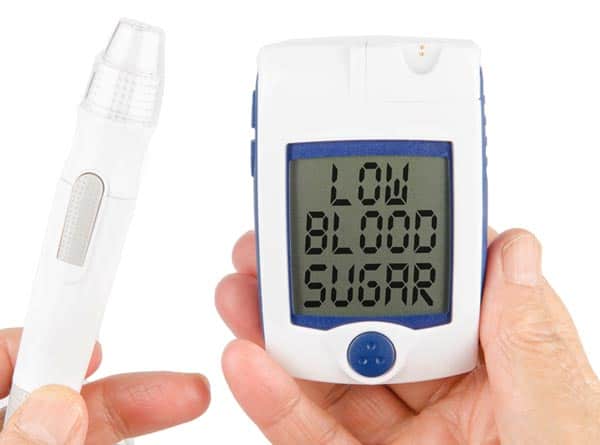
Diabetes
Diabetes is considered one of the most prevalent chronic diseases around the world, as it affects many groups as a result of an imbalance in the pancreas responsible for the secretion of the hormone insulin as insulin regulates blood sugar, and it is indicated that there are many reasons that lead to diabetes, or Double its symptoms, including: genetic factors, eating heavily sweetened foods, excess weight, and lack of exercise and others, and in this article we will introduce you to the signs of high and low blood sugar.
Signs of high blood sugar
- Sensation of dryness in throat and tongue.
- Excessive urination.
- Drink plenty of water.
- Dizziness.
- Severe headache.
- Feeling of itchy skin.
- Dry skin.
- Difficulty concentrating.
- Blurring of vision.
- Nausea.
- Vomiting.
- Occasional coma.
Causes of high blood sugar
- Drink small amounts of fluids.
- Aging.
- Not taking insulin doses regularly.
- Eat unhealthy food.
- Loss of fluid in large quantities as a result of many causes such as: vomiting, diarrhea.
- Take large quantities of drugs, especially arthritis patients.
- Fatigue and tiredness.
- Eat large amounts of carbohydrates.
Signs of low blood sugar


- Excessive sweating.
- Feeling hungry and thirsty.
- Heart palpitations significantly.
- Stress and anxiety.
- Sensation of numbness around the lips.
- Blurred vision.
- Feeling a tremor at the ends of all parts of the body.
- Headache.
- Vertigo and dizziness.
- Occasional coma.
- Vomiting.
- Nausea.
Causes of low blood sugar
- Take large quantities of medications, especially those that treat diabetes.
- Drink a large amount of alcohol.
- Infection with some diseases such as: hepatitis and others.
- Infection with various gland diseases.
- Stomach upset.
- Not continuing to take insulin injections.
- Fasting for long hours.
How to maintain blood sugar level
- Take insulin injections daily.
- Exercise daily.
- Maintaining the ideal weight.
- Eat foods intended for diabetes.
- Avoid eating sweets.
- Follow-up doctor immediately.
- Regular measurement of blood sugar.
- Avoid eating sweetened juices.
The most important foods that maintain the level of sugar in the blood
- Olive oil: Olive oil contains unsaturated fats, which control insulin in the body.
- Green vegetables: such as: spinach, cabbage, molokhia and others, which are useful because they contain anti-oxidants that control sugar in the body.
- Cinnamon: Cinnamon helps to absorb sugar in the body effectively, and it can be taken by drinking a marinade daily or adding it to different food dishes.
- Fish: Fish contain omega 3, where it maintains the level of insulin.
- Oats: Oats contain large amounts of fiber, which in turn controls the percentage of insulin in the body by about 30%.
- Legumes: such as chickpeas, beans, etc., which contain fiber in large quantities.
- Wheat germ: Wheat germ contains many important vitamins such as: K and B.
- Dairy and its derivatives: It contains vitamin D in abundance and maintains the level of insulin in the body.
Comments
Post a Comment